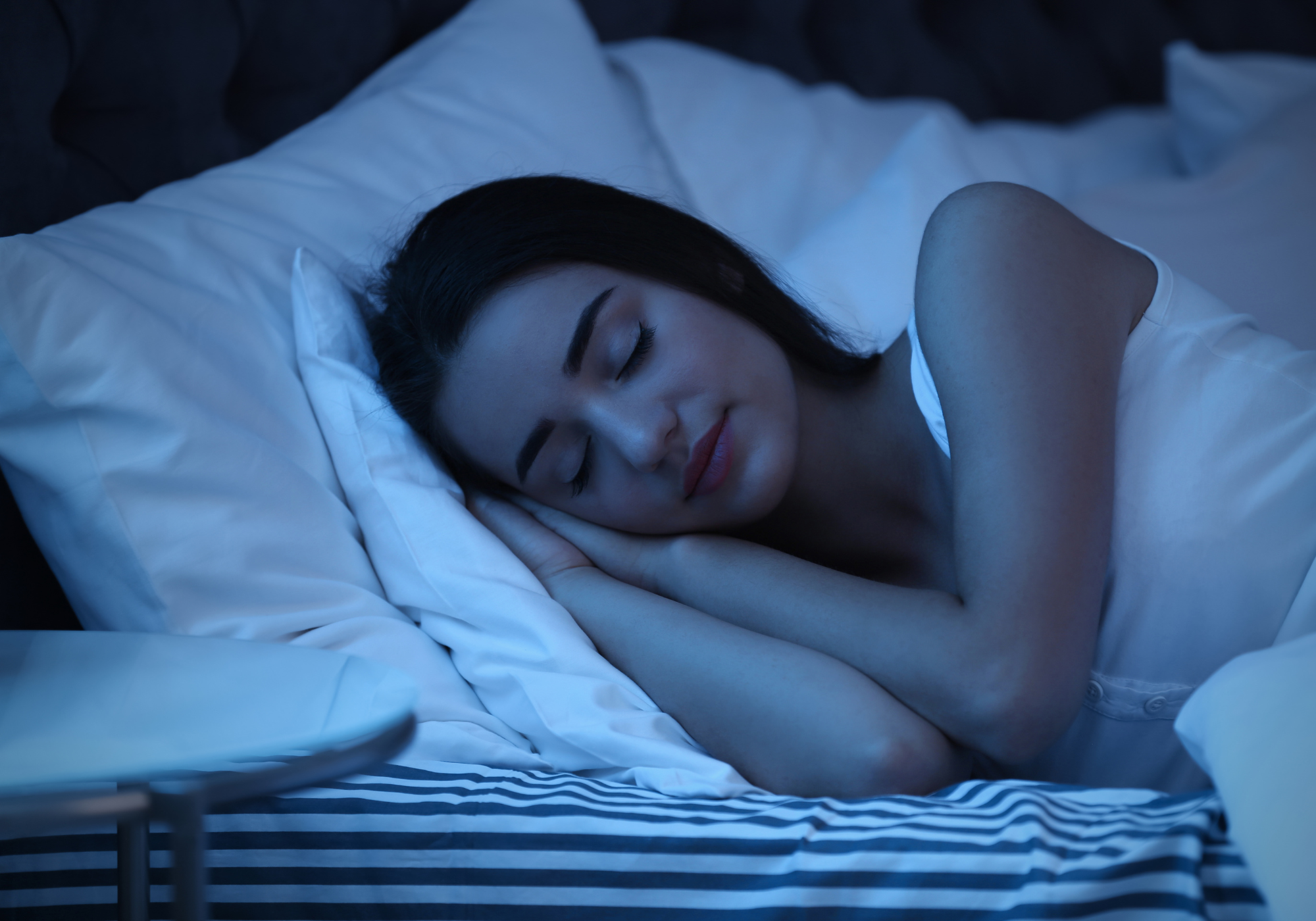Embracing the Night: The Benefits of Sleeping in Complete Darkness
Hey there, sleep enthusiasts! Have you ever wondered why you feel more refreshed after sleeping in a pitch-dark room?
Well, it turns out, there's some solid science behind it. Let's dive into why embracing complete darkness at bedtime isn't just for bats and owls, but for us too!
1. Better Sleep Quality
When your room is dark, your brain gets the signal that it's time to rest. This triggers the production of melatonin, the sleep hormone. In a dark environment, your sleep is deeper and more restorative. No more tossing and turning!
2. Improved Mental Health
Exposure to light at night, especially blue light from screens, can disturb your circadian rhythm and impact your mental health. Sleeping in darkness helps maintain this natural rhythm, reducing the risk of depression and anxiety.
3. Enhanced Physical Health
Consistent exposure to light during sleep can potentially lead to weight gain and a higher risk of chronic illnesses like diabetes. Darkness, on the other hand, supports metabolic health and may help keep those extra pounds at bay.
4. Better Hormonal Balance
Harmony in the Dark: Apart from melatonin, darkness helps regulate other hormones like cortisol, often called the stress hormone. A well-regulated hormonal balance leads to less stress and better overall well-being.
5. Improved Skin Health
Beauty Sleep, Literally: Believe it or not, sleeping in the dark can even benefit your skin. The growth hormone responsible for repairing and rejuvenating skin cells is released during deep sleep, which is facilitated by darkness.
Practical Tips for a Darker Bedroom-
Use Blackout Curtains:
These are a game-changer for blocking out street lights and early sunrises. -
Ditch the Electronics:
Try to keep TVs, phones, and other devices out of the bedroom, or at least turn them off an hour before bed. -
Consider a Sleep Mask:
If you can't control the lighting environment, a comfortable sleep mask can be a great solution. -
Dim the Lights:
In the hours leading up to bedtime, dim the lights around your house to signal to your body that it's time to wind down.
So, there you have it! Sleeping in complete darkness isn't just a preference; it's a pathway to better health and well-being. Tonight, why not give it a try? Turn off the lights, embrace the darkness, and drift into a peaceful, rejuvenating slumber. Sweet dreams!



